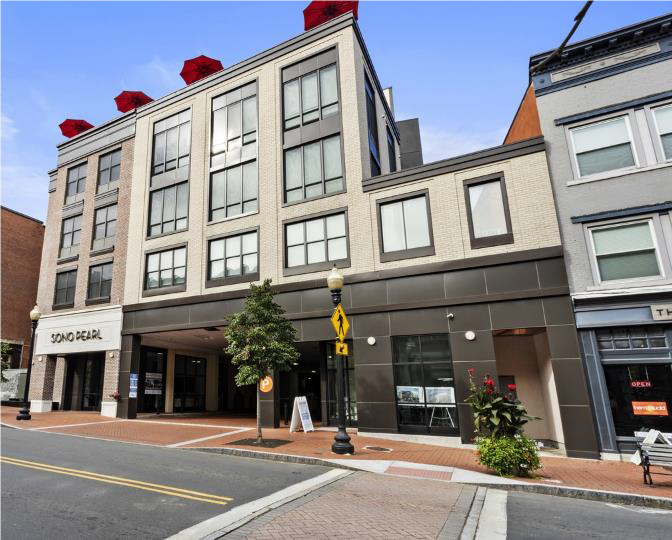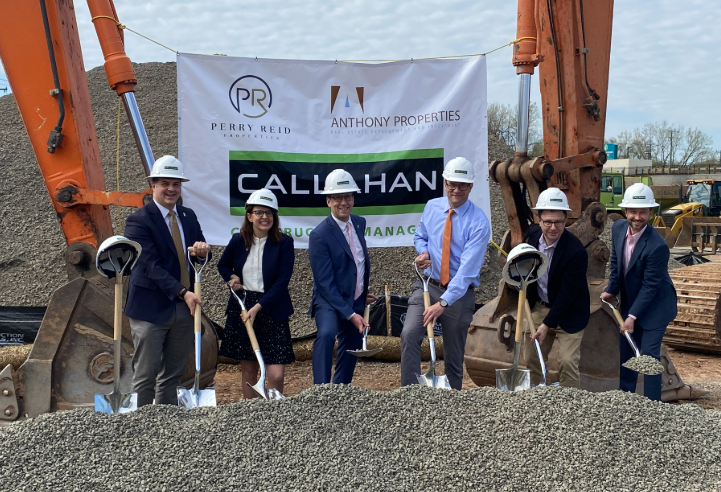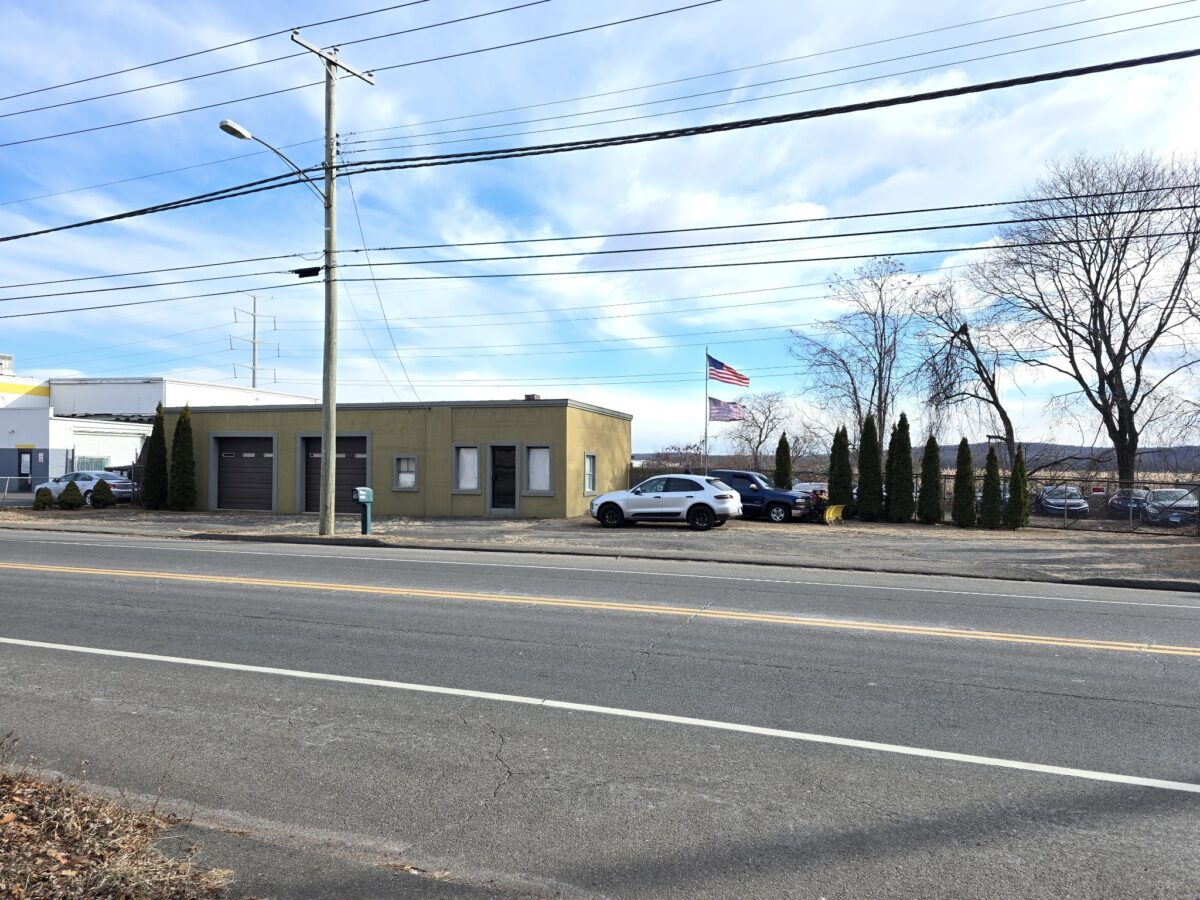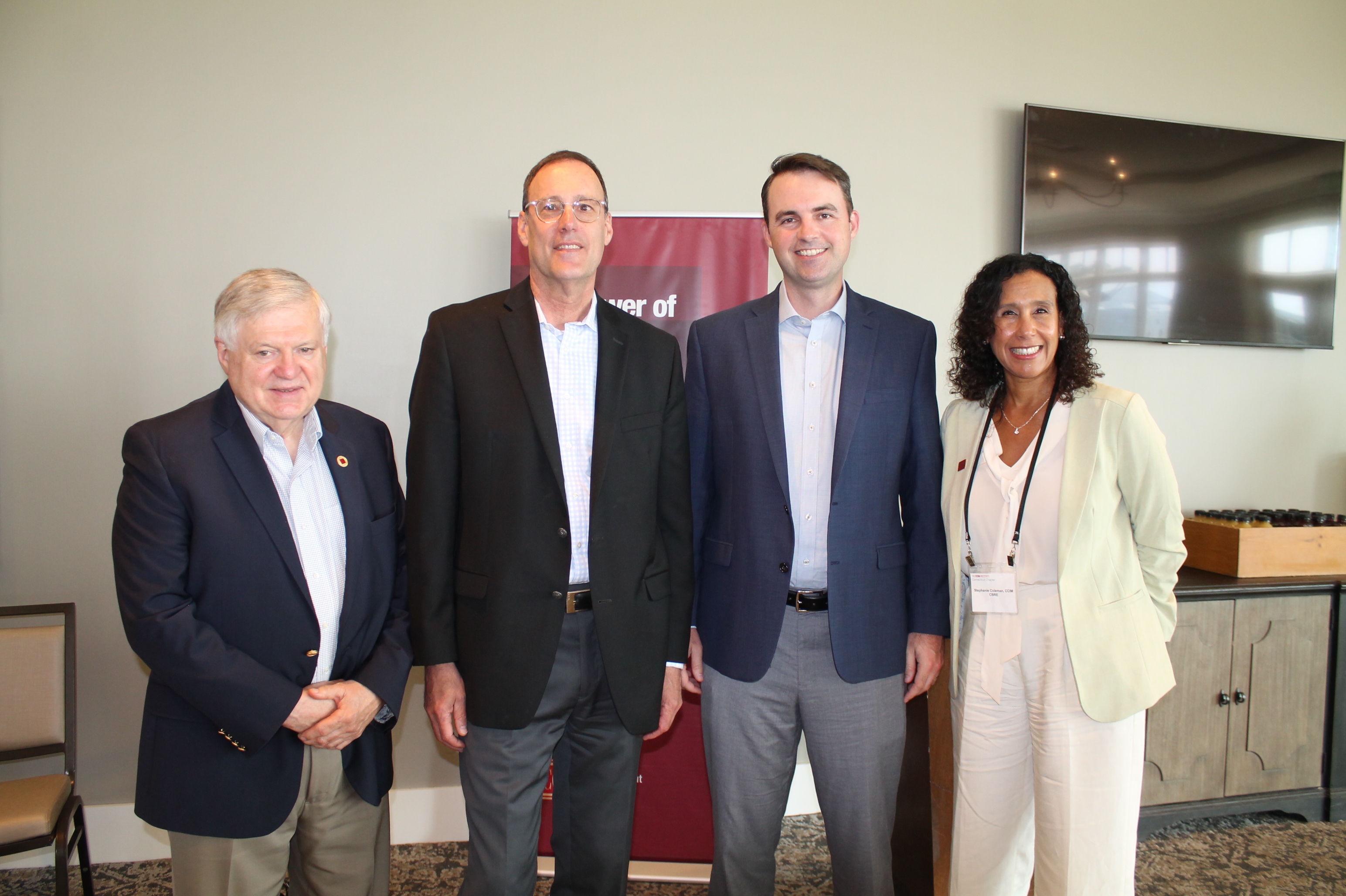News: Connecticut
Posted: September 19, 2013
Connecticut Supreme Court brings further clarity to foreclosure standing law
Connecticut's superior courts have wrestled with the issue, but now the state's highest court has weighed in on the issue of whether a loan servicer for the owner and holder of a note and mortgage, as a transferee of the holder's rights, has standing in its own right to institute a foreclosure action against the mortgagor. While lenders have argued that RMS Residential Properties, LLC v. Miller, 303 Conn. 224 (2011) provided clear guidance, counsel for borrowers have often felt otherwise. Now, however, Connecticut has its answer in J.E. Robert Co., Inc. v. Signature Properties, LLC, 309 Conn. 307 (2013).
In J.E. Robert Co., after the trial court granted summary judgment in favor of the plaintiff, the defendants moved to dismiss the action, claiming that the action was void ab initio because the original plaintiff, J.E. Robert, lacked standing to bring the foreclosure action due to J.E. Robert's status as a mere servicer. In turn, the trial court denied the defendants' motions to dismiss, holding that any alleged lack of standing had been cured by the substitution of the assignee of the loan as plaintiff. The trial court also confirmed that J.E. Robert had standing to commence its foreclosure action in its own name, both as "transferee/nonholder" pursuant to Uniform Commercial Code §§ 42a-3-203 and §§ 42a-3-301 and as a "nominal party in interest" for LaSalle Bank National Association (Lasalle) to whom the loan was originally assigned.
On appeal, the defendants challenged J.E. Robert's standing to commence the action and argued that the substitution of the plaintiff could not cure a judgment that was void ab initio. Specially, the defendants claimed that J.E. Robert lacked standing to commence the action because the Note was neither endorsed nor assigned to it. The plaintiff countered that J.E. Robert did, in fact, have standing as a valid transferee.
In upholding the trial court's decision, Justice McDonald offered his first decision since joining Connecticut Supreme Court bench, noting that RMS Residential Properties had clearly established a plaintiff's right to foreclose pursuant to the Uniform Commercial Code. The court decided the true issue to be whether a loan servicer may qualify as a nonholder transferee entitled to enforce the note and services. To answer this question, the Court looked to other jurisdictions for guidance, ultimately recognizing that Connecticut General Statutes § 49-17 states that "'the person entitled to receive the money secured thereby but to whom the legal title to the mortgaged premises has never been conveyed' has the right to bring a foreclosure action" and that this language can be used in concert with the Uniform Commercial Code provisions. Thus, the court concluded that a loan servicer need not be the owner or the holder of the note to commence a foreclosure action, nor was it persuaded by the defendants' argument that allowing servicers to institute foreclosures would produce deleterious consequences for borrowers. The court did note, however, that if the defendants dispute the servicer's right to enforce the note, the plaintiff must demonstrate that it has the legal authority to proceed. In this case, the court held the plaintiff did prove this right through the court record and in producing a complete history of transfers of the note. The court also went on to acknowledge that holding otherwise would likely chill the desire of lenders to underwrite loans in Connecticut, given the frequency with which the pooling of mortgages occurs and the common practice of utilizing servicing entities.
Through J.E. Robert Co., Connecticut's Supreme Court establishes the necessary precedent and explanation: a servicer may institute and maintain a foreclosure action. As the level of contested foreclosures in Connecticut shows little signs of abating any time soon, we can expect to see much more about this case in the years to come.
Peter Meggers is an attorney at Halloran & Sage LLP and a member of the firm's commercial litigation and creditors' rights practice group, Hartford, Conn.
Tags:
Connecticut
MORE FROM Connecticut
Highcap Group brokers $41.1 million sale of two building multifamily portfolio
Norwalk, CT Highcap Group has completed the sale of two luxury multifamily properties with a total of 120 units for a combined purchase price of $41.4 million.








